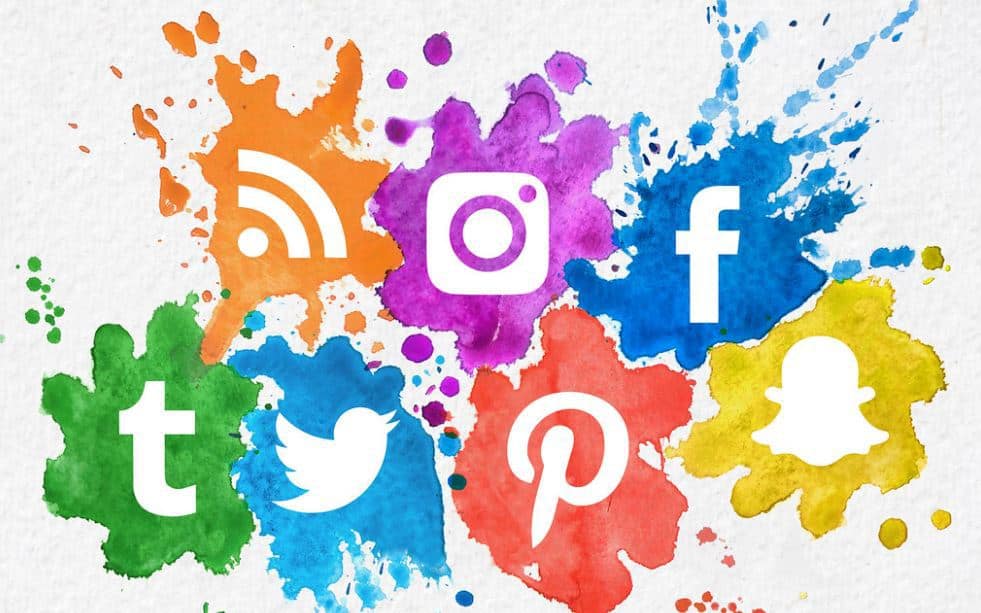Online and Disconnected

In an effort to get a sense of what blog topic would be of most interest to people this month, I decided to hop onto my Instagram. I posted a story asking for people’s feedback on topics of interest. I was surprised by the number of responses that all had the same general theme, the impacts of social media. Some examples of the ideas included, “negative impacts of social media on self-esteem/confidence and mental health,” “anxiety/social media influence on your view of life,” and, “social media increasing body dysmorphia issues.” It was pretty ironic to me that so many people who were answering this social media post were feeling the effects of how negatively social media is impacting them. So, the million-dollar question is, if so many of us feel this way about social media, why do we allow it to consume so much of our time?
Many of us use social media as something to view or “do” when we want a moment to relax or need to take a break from our day. Whether you just got home from school and hop on Instagram or watch some TikTok videos to take a break from work, it all seems to lead to an unhealthy use of your free time.
Over the years that I have been a therapist, the topic of social media has come up in dozens of ways. From concerned parents to clients dealing with depression and low self-esteem, to people suffering from body dysmorphia and dealing with an eating disorder. Almost always when I ask the person how they feel after being on the apps, the responses are “ehh” or “bad” or “stressed”. So, why use them, I ask. The responses? FOMO (fear of missing out), wanting to be in the know, or wanting others to see what they are doing. Many of us also use social media to seek validation. We become obsessed with the number of likes we get, followers we have, or interactions our page gets. The unfortunate truth is that social media went from sharing things because you like them to sharing things simply because you think others will like them, and by extension, you. We have almost started treating our social media pages as business pages where we are working on appealing to the viewers vs ourselves.
The effects? Huge increases in depression, anxiety, social anxiety, eating disorders, and low confidence and esteem, particularly in adolescents. In response to these rising numbers, a few apps have worked on being more mental health friendly. Instagram in particular made the jump to allow users to hide likes and comments on certain posts or all posts if they wanted. While this is a great step in the right direction, it still isn’t anything close enough So, the question of the day is, how do we make a difference?
Ways to help reduce negative effects from social media:
- Pay attention to how you feel while scrolling and when in the day you are using it. Try using social media at different times in the day and see how it impacts your mood at those times. For example, maybe you notice that when using it before bed it causes you to worry or stress and therefore have trouble falling asleep. Then, try to work on limiting social media use during problematic times of day.
- Do not allow social media to replace day-to-day interactions – Stay off the phones and social media when with others and enjoy the present social interaction you have right in front of you. Do not let social media make you feel close enough to others that you forget or neglect actually making plans with them or stopping by to see them.
- Limit the amount of time you are on it. Work on making a goal for usage and challenge yourself to limit your time on it per day. Set alarms, or screen time limits to try and reduce the overall time spent. Or, even take a few detox breaks where you pick a few days a week to be off of it and give yourself a break from the media world all together.
- Filter through and limit unwanted content on your page. If you are seeing video content on TikTok that is upsetting or makes you feel bad, click the uninterested button. If you’re following pages on any social media that are affecting you negatively then unfollow the accounts or mute them!
- Reframe the negative thoughts that go through your head. Whenever you have a negative thought about yourself or you find yourself comparing or wishing your life was more like someone else’s in a post then you need to take a deep breath and rewrite the negative thought to a positive one. For example, if you’re thinking “Wow why can’t I look like that” change it to “I look great just the way I am and social media is not always depicting things in a realistic way.” (See bottom videos for examples)
If social media was made to help us connect then how have we gotten to a point where we value the social media world at times over actual social interactions? Far too often when I am out at dinner, I will see a group of friends or family all sitting together and a majority of them on their phones scrolling through Instagram or snapchatting other people. The goal of social media should never have been to replace positive social interactions. So next time you’re out with others and find yourself scrolling, try and take a moment to stop yourself and value the social interactions you can be having right in front of you.
Know that you can make a difference too! Don’t be a part of posting the same unrealistic, photoshopped content that impacts us so negatively. Instead, post natural photos and life’s imperfections. You can be part of the change needed to create a healthier social media environment. And don’t forget to spend time doing things you love and focus on becoming happy with yourself instead of spending it on proving to others that you are happy. You are loved, you are enough, you are unique, you are beautiful, and you are more than a photo or video you post.
Below are a few videos to help remind us that social media is not a real representation.
https://vm.tiktok.com/TTPdhxKHrf/











